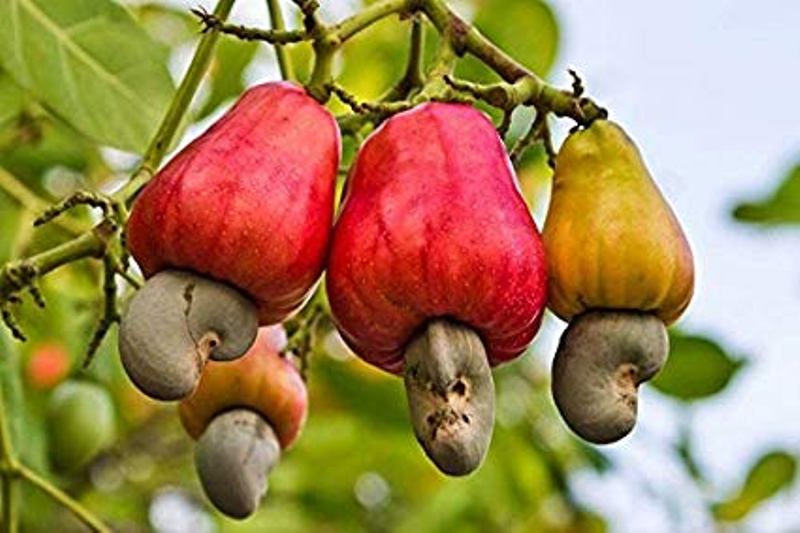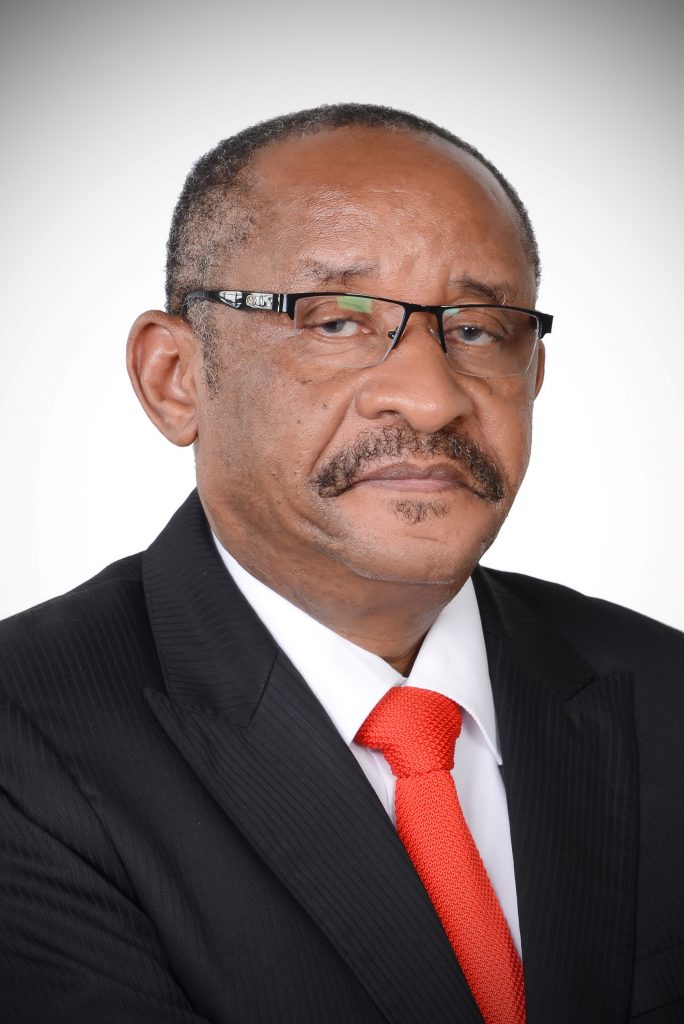Bank of Tanzania attributes the slump to delay in exporting the country’s biggest export crop, cashews.

DAR ES SALAAM, June 27, 2019 (Reuters): Tanzania’s agricultural export earnings fell by more than half over the past year, the central bank said in a report published on Thursday, hurt by a government ban on cashew exports.
The report showed earnings from agriculture exports slumped to $554.1 million in the year ending April, from $1.225 billion in the year-earlier period.
Agriculture accounts for about one-third of economic activity and 67% of employment in the East African nation, according to the International Monetary Fund.
The Bank of Tanzania attributed the slump to the delay in exporting the country’s biggest export crop, cashews, and also said that exports in cloves and tea had fallen.
The delay came after the government intervened in the cashew market in November, blocking traders from buying the crop from farmers after rejecting their prices.
President John Magufuli then ordered a 94 percent increase in cashew nut prices, arguing that farmers were hurt by low prices. He then deployed the army to collect over 200,000 tonnes of cashew from farmers – the country’s entire harvest – but the government has thus far unable to find buyers for the crop. In a report which was not made public after Tanzanian authorities did not consent to its publication, the IMF said in April that “a lack of predictability in government policies” was hampering the agriculture sector’s potential.

- In a difference development Tanzania has tightened its currency controls with new regulations on foreign exchange bureaus, in what authorities say is an ongoing fight against money laundering and currency speculation.
The new rules, published Monday by the central bank, come months after the government revoked the licences of around 100 bureaus and temporarily shut a newspaper for using unofficial data on exchange rates.
President John Magufuli has said that the central bank had previously licensed too many bureaus and some of them had breached laws.
The Tanzanian shilling has been broadly stable since the beginning of the year and the International Monetary Fund said in an April report that the real value of the currency is “broadly in line with fundamentals”.
But the IMF also warned of serious weaknesses in official data and said that some indicators point to slower pace of economic activity than reported by the government.
Since February, when the bureaus were shut, commercial banks have conducted the bulk of foreign currency trading.
The Bank of Tanzania governor said this month that, due to the reduced number of exchange bureaus, around $10 million was traded daily by commercial banks, a change which he said has increased transparency in the market and improved hard currency inflows.
The new regulations published on Monday will make it more difficult for exchange bureaus to operate, likely resulting in more transactions shifting to commercial banks, a foreign currency trader told Reuters.
They raise minimum capital for forex bureaus by three-fold, to 1 billion Tanzanian shillings, and require bureaus to maintain working capital of at least 75 percent of the paid up capital.
The new rules also require shareholders, directors and heads of branches of exchange bureaus to pass a “fit and proper person test” from the central bank before being approved to assume their positions. Bureaus are also now required to establish procedures for identifying and reporting suspicious transactions to curb money laundering and terrorism financing.
Customers will also be required to provide information on the source or purpose of the foreign currency to be transacted.
The government’s tight control of foreign currency trading is in line with a close control of the economy under Magufuli. He took office in 2015 pledging to tackle corruption but has faced domestic and international criticism for heavy-handed policies that have slashed investment in the mining and agriculture sectors. Donors and investors say the government’s economic and social interventions in the past few years have been accompanied by increasing restrictions on the opposition and the media.



